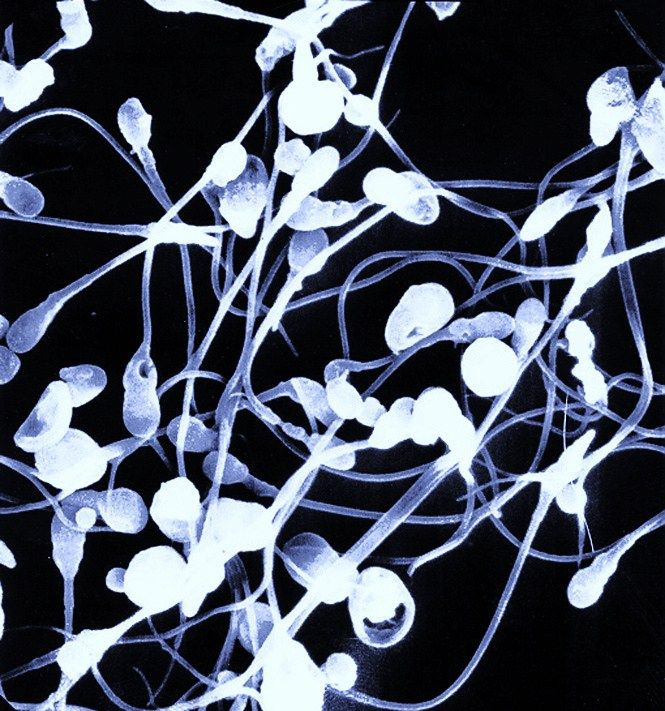Scientists Grow Sperm From Skin Cells

Researchers were able to grow sperm in a lab using skin cells. The scientists believe the technique could be used to cure male sterility in the future.
Researchers from University of Pittsburgh School of Medicine were able to coax Human embryonic stem cells (hESCs) and human induced pluripotent stem cells (hiPSCs) into becoming precursor sperm cells.
In the present study, researchers wanted to know if adult skin cells can be made to get back into their primitive type and re-grown as a precursor sperm cell.
The research can help men diagnosed with cancer. Cancer therapy destroys all fast-growing cells including precursor sperm cells. In the future, fertility can be restored in these men by obtaining a sample of their skin tissue before the therapy
"Sperm can be banked for future artificial insemination procedures, but that does not help some patients, such as pre-pubertal boys. There are procedures to store testicular tissue prior to cancer therapy, but men who didn't have the opportunity to save tissue are permanently sterile, and so far there are no cures for their sterility," said study's lead author Charles Easley, PhD, faculty member at Emory University.
For the study, researchers tried to grow skin cells and embryonic stem cells in a medium that would support the growth of sperm cells. Researchers found that both kinds of cells, the adult skin cells as well as the embryonic stem cells, could be grown into precursor stem cells. Further tests revealed that the genetic makeup and division of the sperm grown in the lab was similar to a human sperm.
"No one has been able to make human sperm from pluripotent stem cells in the lab, but this research indicates it might be possible. This model also gives us a unique opportunity to study the molecular signals that govern the process, allowing us to learn much more about how sperm are made. Perhaps one day this will lead to new ways of diagnosing and treating male infertility," Dr. Easley said in a press release.
The study was published in the journal Cell Reports.



























